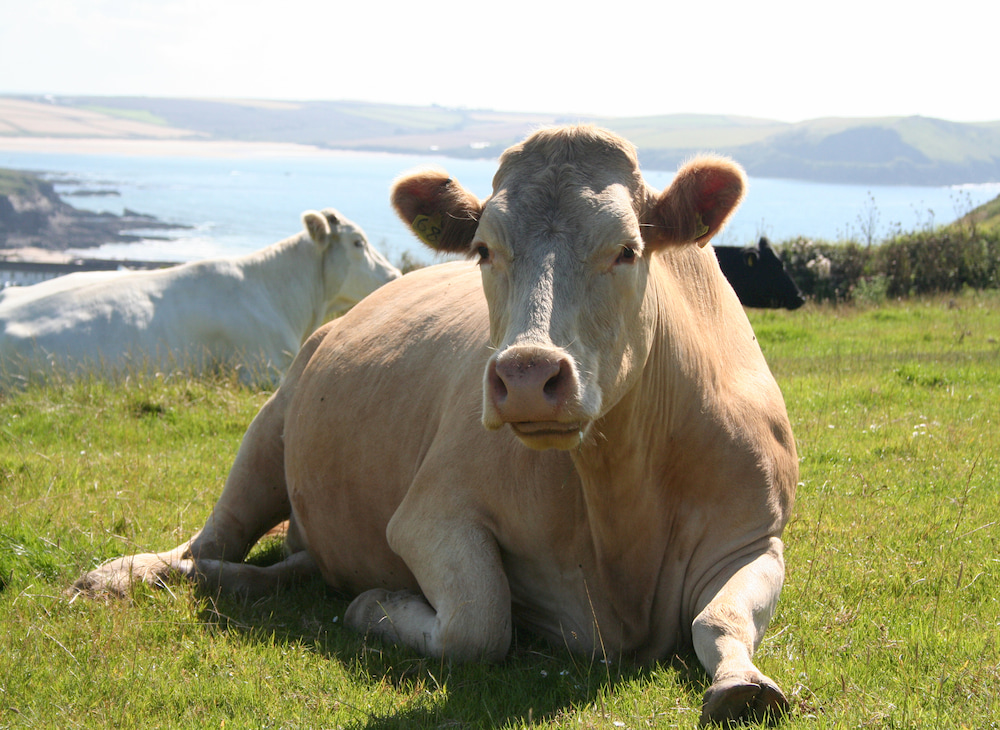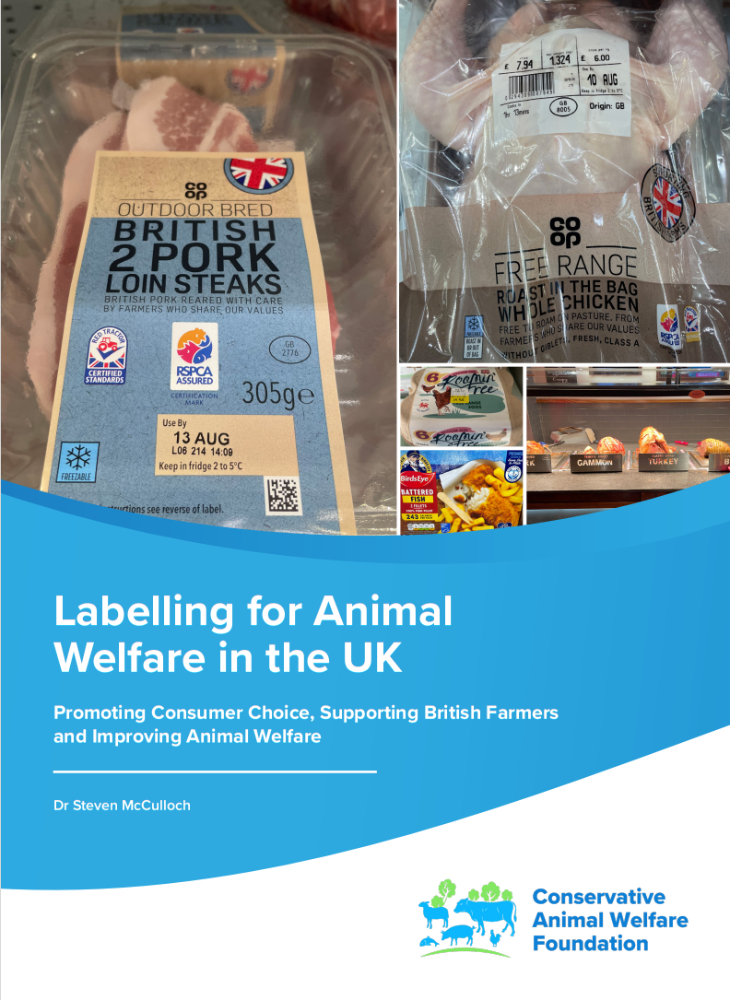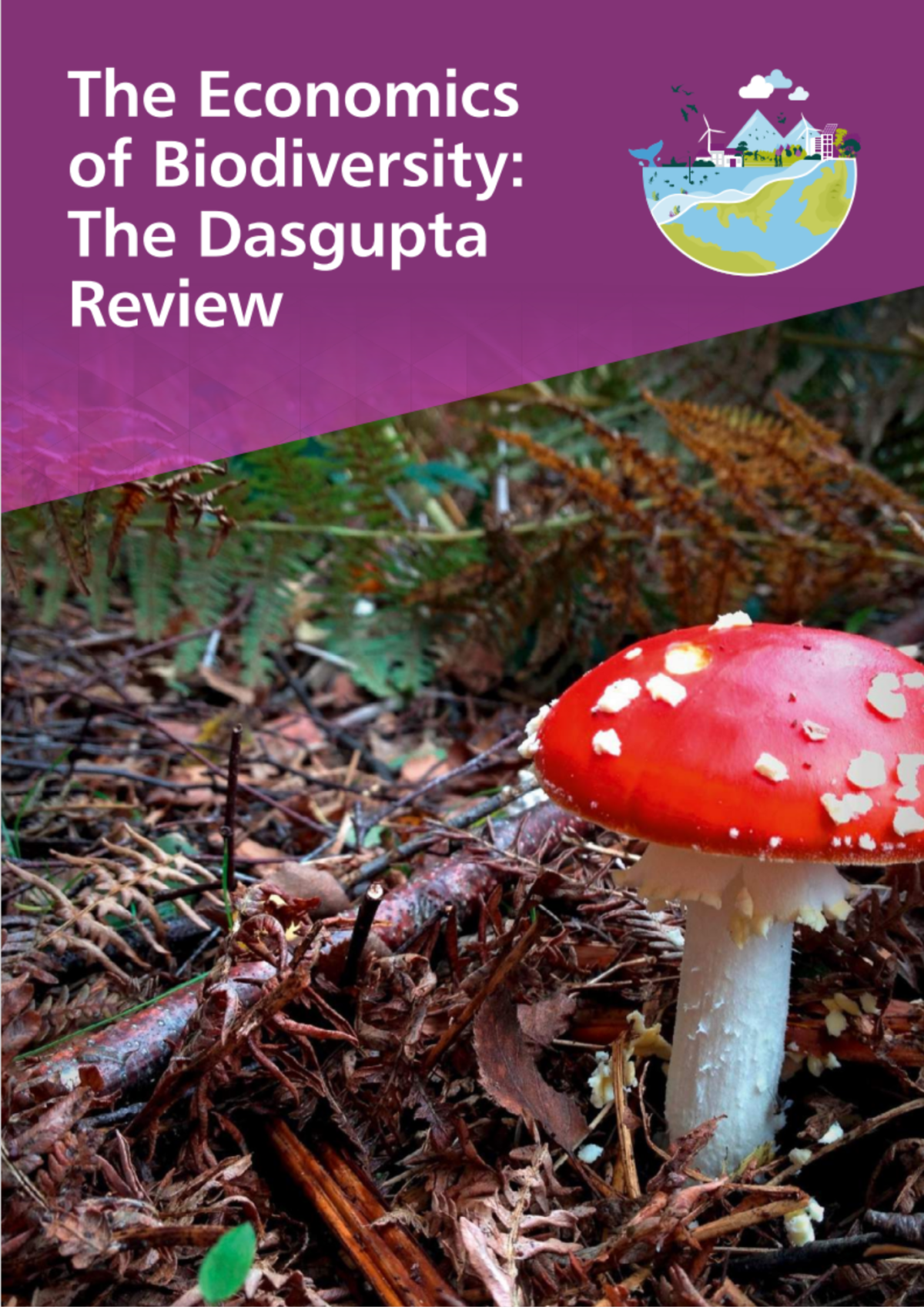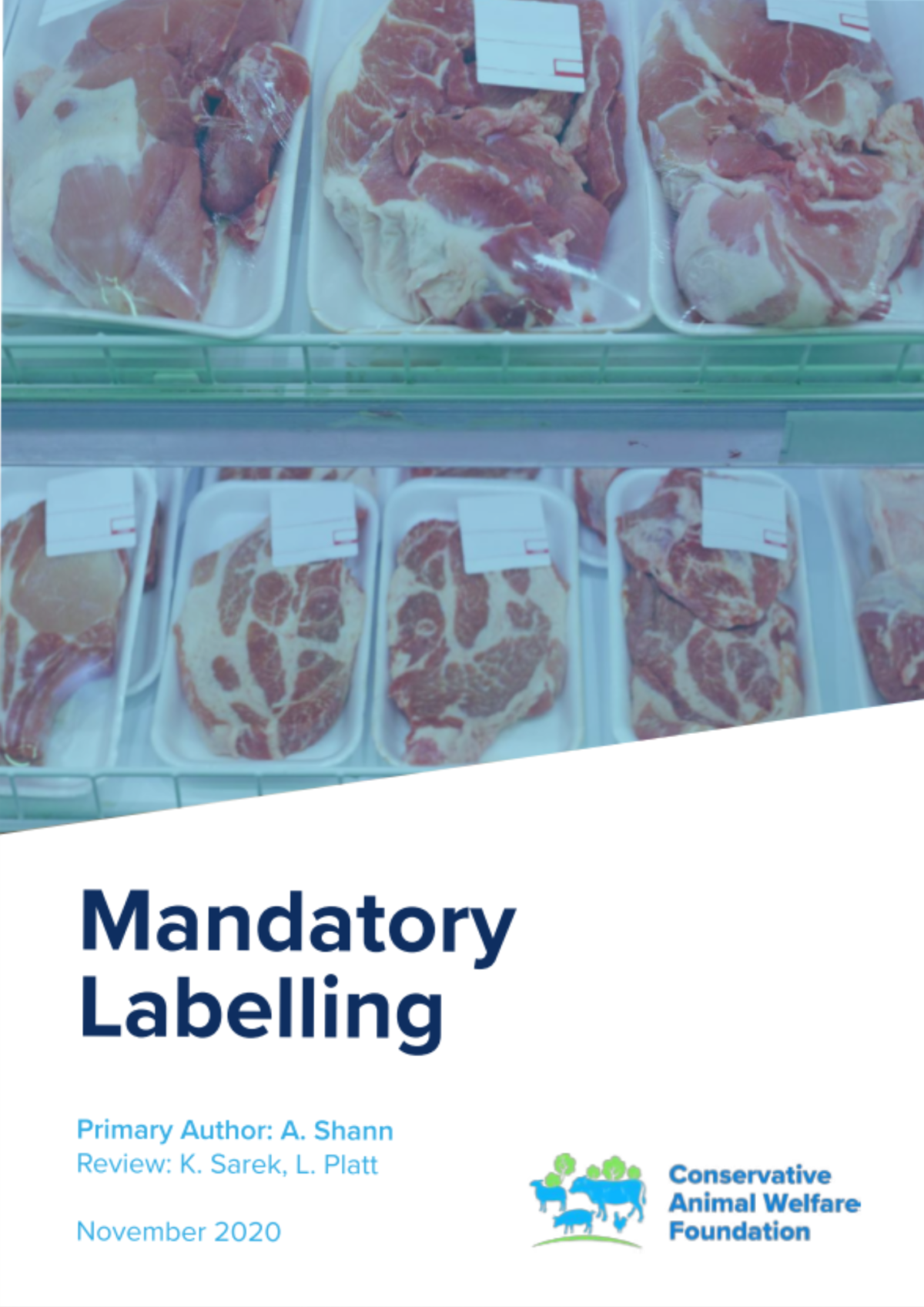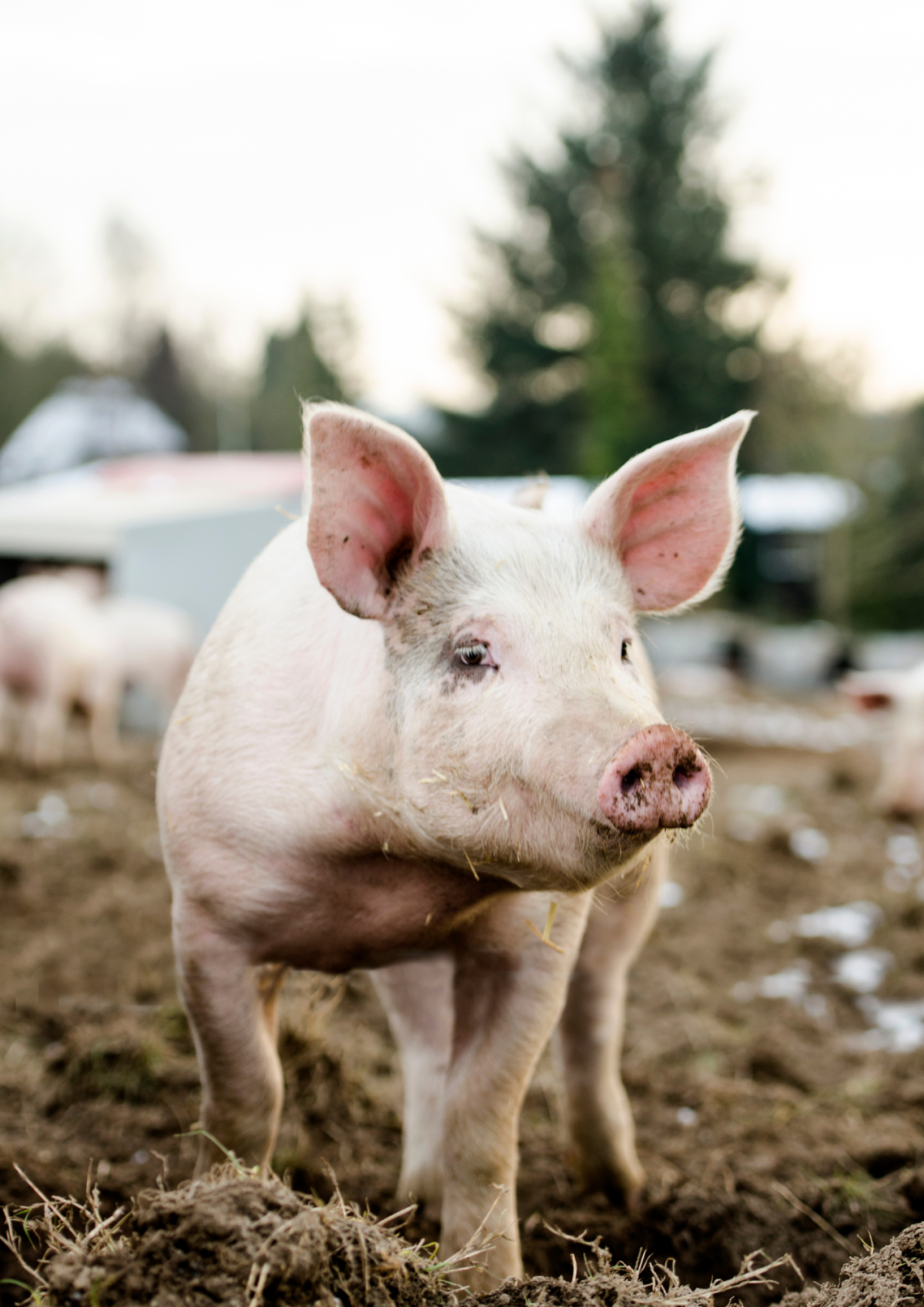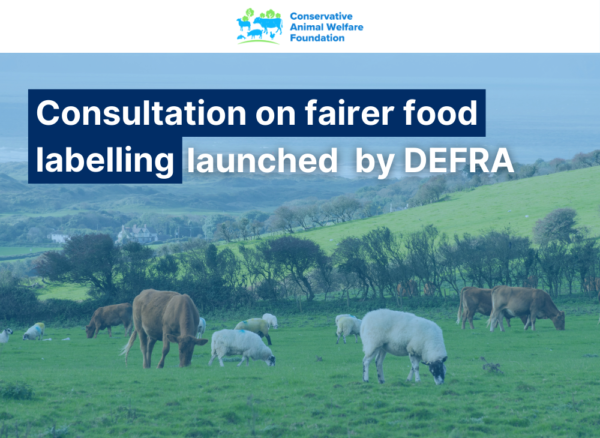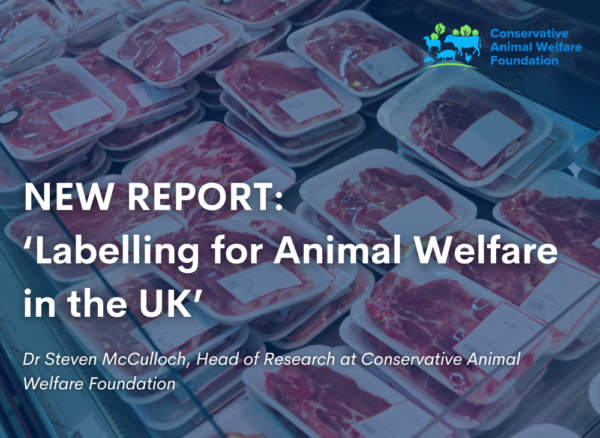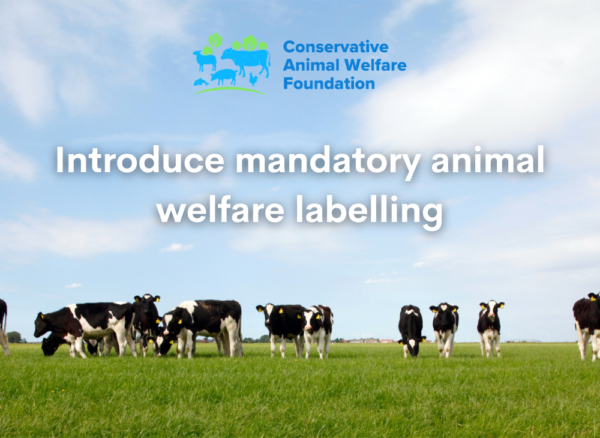In September 2021 we welcomed the Government’s launch of a Call for Evidence on Labelling for Animal Welfare.
We believe that knowledge is a critical tool for consumers as they make decisions about which products they purchase. With the exception of whole eggs, there are currently no legal requirements to label products with information on how the animal was reared and slaughtered. But the fact is the British public do care about these conditions – over 80% of UK consumers are in favour of food labelling.
Where labelling does currently exist, consumers have been able to identify higher welfare products and subsequently many farmers have been rewarded with increased demand. However, overall, food labelling is too confusing to allow consumers to make informed choices about which farming systems they want to support – or avoid supporting – when purchasing animal products.
The Coronavirus pandemic has even more deeply underscored the importance of transparency in animal agriculture, given this virus was classified as a zoonotic disease linked to a food market. Slaughterhouses and meat processing plants have been described as “front line in the COVID-19 pandemic”. It is only right that consumers have as much information as possible about the origin and welfare of the meat they purchase.
It is our hope that through extending labelling to all farmed produce, we can help the growth of higher welfare farms in the UK.
We are calling for the Government to introduce a food labelling scheme which incorporates three key components:
- Animal welfare labelling;
- Methods of production labelling; and
- Method of slaughter labelling.
You can read more in our 2020 report, ‘Mandatory Labelling’.
Until we have transparent labelling on all meat and dairy products, the following labels can give you clear information on the farming systems used. Look out for Soil Association Organic, Free Range and RSPCA Assured on a range of products; plus Outdoor Reared on pork, and Pasture Promise on dairy.
For more information view page 46 of ‘Animals Can’t Vote‘.

Stunned and Unstunned Meat
Non-stun slaughter affects millions of animals. We support the British Veterinary Association which is urging for an end to slaughter without stunning in the UK. We call on the Government for meat to be labelled with method of slaughter so consumers can make an informed choice.
EU and UK law requires all animals to be stunned before slaughter to render them insensible to pain. The law allows an exemption on the requirement to stun before slaughter for certain communities.
Meat from animals which have not been stunned comes onto the general market but does not have to be labelled. As a result, some consumers are unknowingly buying unstunned meat.
The Conservative Animal Welfare Foundation supports calls for such meat to be labelled “meat from unstunned animal” so consumers can make informed decisions which align with their personal ethics.
